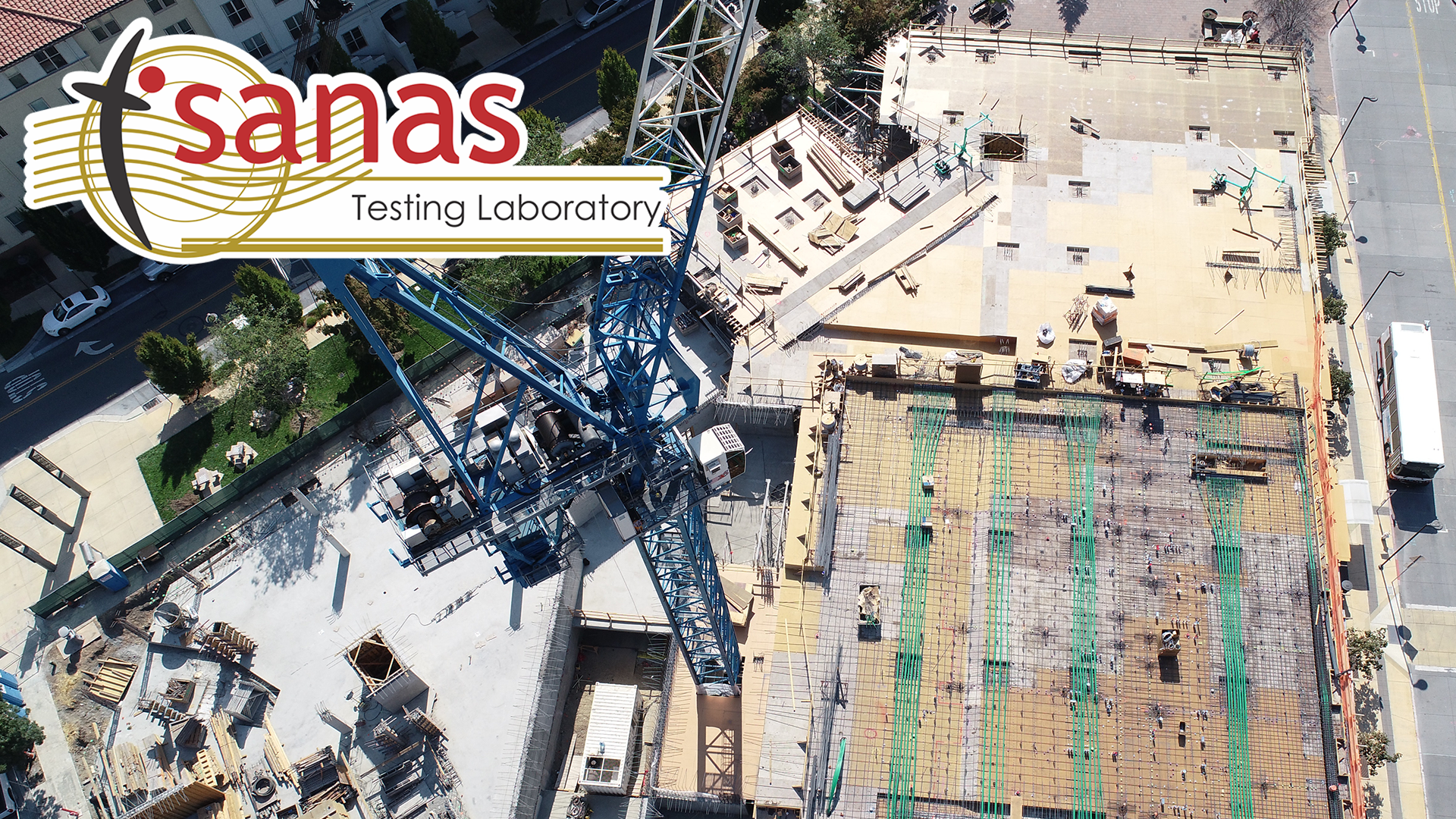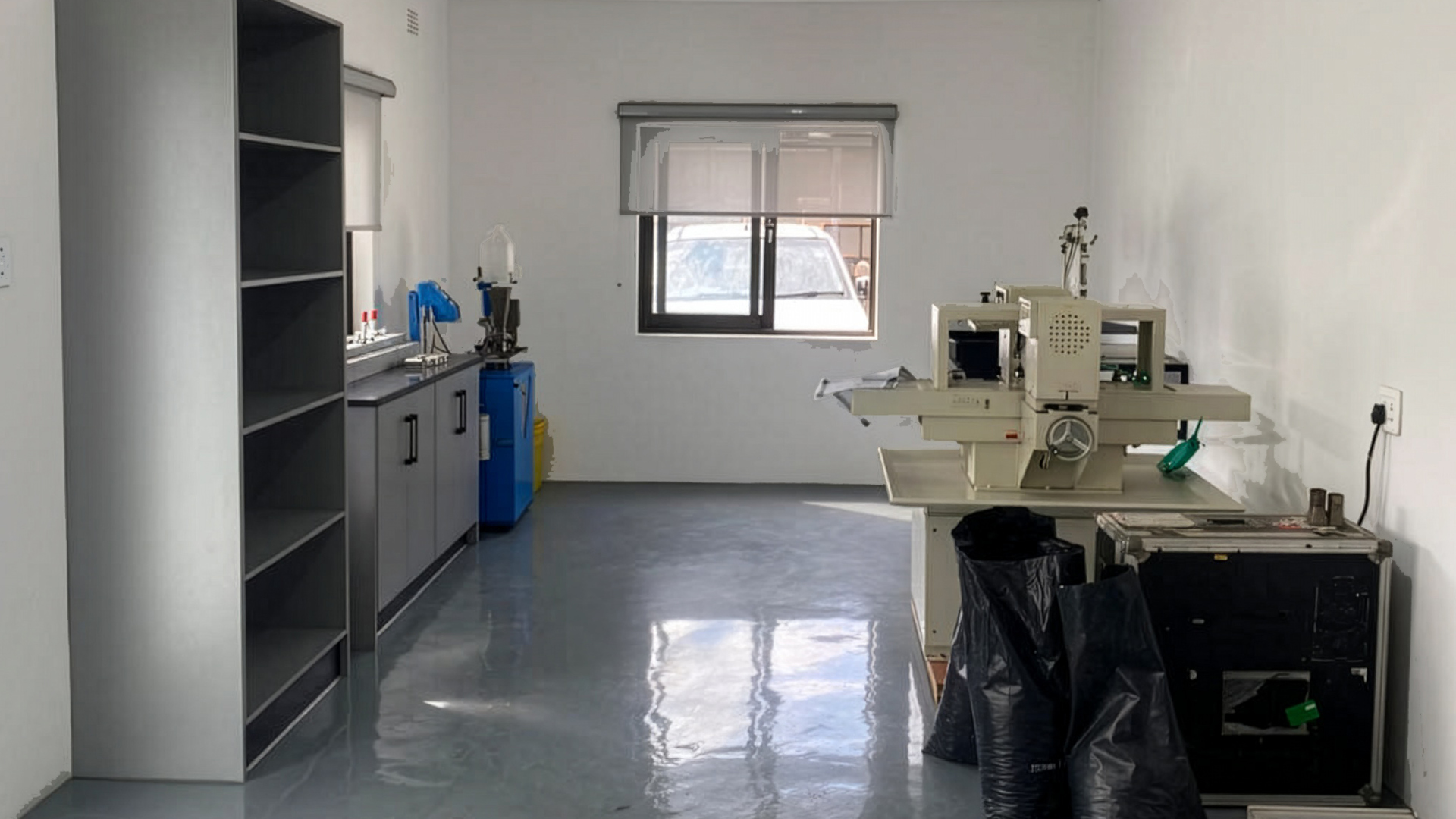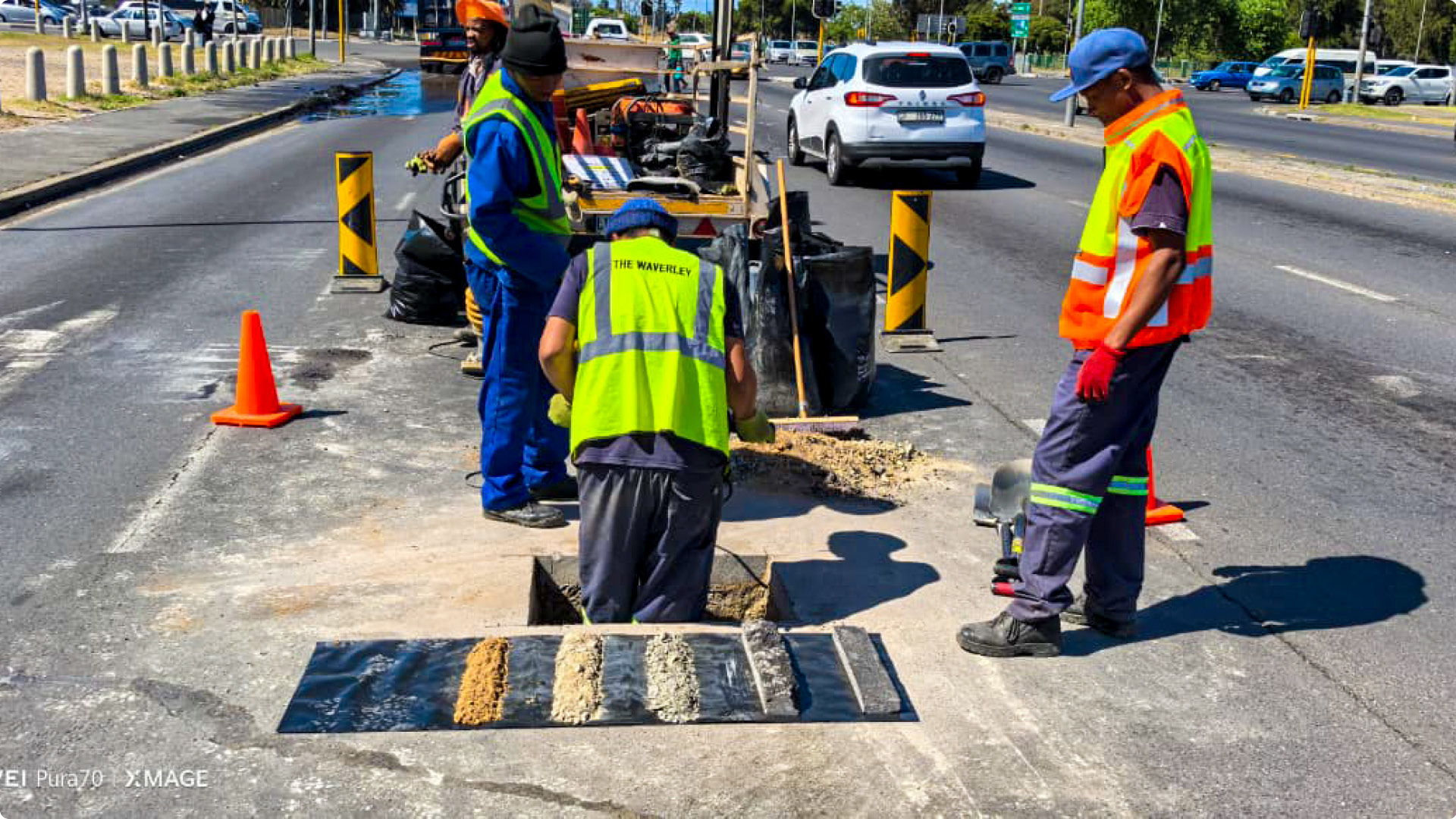OUR PLACE IN
ENGINEERING AND CONSTRUCTION
Roadlab is an accomplished supporter of South Africa’s state enterprises, over 400 construction companies and more than 60 consulting firms.

The Benefits Of Using Accredited Labs
Generate more business, reduce costs and protect your company from risk
Why Construction Companies Should Use Accredited Laboratories
By using an accredited laboratory construction companies can give their clients greater confidence in their work, reduce some significant costs and protect themselves in the event of disputes and lawsuits.

What Is A Laboratory Accreditation?
It is essential that construction companies confirm the performance and durability of their building materials. To do so, quality standards often specify that an "approved laboratory" must be used.
To become approved (accredited) a laboratory needs to demonstrate to the South African National Accreditation System (SANAS) that they comply with the “General requirements for the competence of testing and calibration laboratories” or SABS ISO/IEC 17025.
SANAS determines the technical competence of a laboratory by looking factors such as:
- The qualifications, training and experience of the staff
- The right equipment - properly calibrated and maintained
- Adequate quality assurance procedures
- Proper sampling practices
- Appropriate testing procedures
- Valid test methods
- Traceability of measurements to national standards
- Accurate recording and reporting procedures
- Suitable testing facilities
Following the review of a formal application and a subsequent auditing of the facility, the laboratory is either failed, approved conditionally subject to the clearing of findings or approved unconditionally.
The laboratory will be re-audited after 6, 18 months, 36 months. If all audits are successful, the accreditation will last for five years.
The Benefits Of Using An Accredited Laboratory
Generate more business
Confidence in your product is enhanced if clients know it has been thoroughly evaluated by an independent, competent testing facility.
This is particularly so if you can demonstrate to them that the laboratory itself has been evaluated by a third party. Increasingly customers are relying on independent evidence, rather than simply accepting a supplier’s word that the product is “fit for purpose”.
- The management and technical competence of the laboratory is shown to be of the highest international standard.
- It also commits senior management to an objective quality system.
- The knowledge that results are traceable to international standards
- The knowledge that tests have been carried out by competent staff on well-maintained, regularly calibrated equipment
- The knowledge that results are as reliable as it possible
- In the event of a dispute the results will carry far more weight than results from a non-accredited laboratory
Reduce important costs
Testing of products and materials can be expensive and time consuming, even when they are done correctly the first time. If not done correctly, then the cost and time involved in re-testing can be even higher if the product has failed to meet specifications or expectations.
Not only do costs go up, but your reputation as a supplier or manufacturer can go down. You can also be held liable for any failure of your product, particularly if it involves public safety or financial loss to a client. Choosing a technically competent laboratory minimises the chance of retesting being required.
Through a system of international agreements (see below) technically competent, accredited laboratories receive a form of international recognition, which allows their data to be more readily accepted on overseas markets.
This recognition helps to reduce costs for manufacturers and exporters that have their products or materials tested in accredited laboratories, by reducing or eliminating the need for retesting in the importing country.
Protect from risk
In the event of a dispute the results will carry far more weight than results from a non-accredited laboratory.
Throughout the world today, customers seek reassurance that the products, materials or services they produce or purchase meet their expectations or conform to specific requirements.
This often means that the product is sent to a laboratory to determine its characteristics against a standard or a specification. For the manufacturer or supplier, choosing a technically competent laboratory minimises the risk of producing or supplying a faulty product.
Find Out More About Laboratory Accreditation
To find out more about laboratory accreditation and SANAS, visit the SANAS website at www.sanas.co.za. The site contains all of the relevant documentation and a list of accredited testing and calibration laboratories.
Roadlab has 8 SANAS accredited testing laboratories Germiston, Durban, Belville, Mossel Bay, East London, Bloemfontein and Centurion. They all carry out soil, asphalt, concrete, aggregate and and chemical testing.




